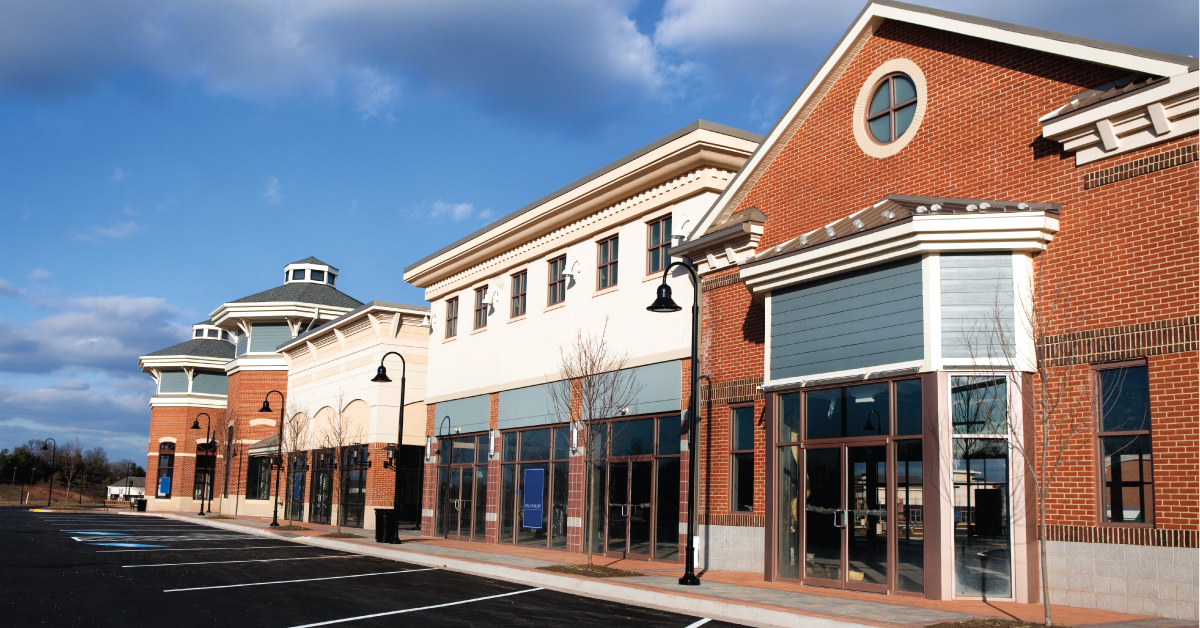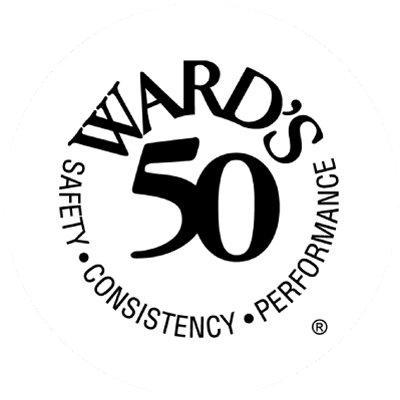
When you’re ready to take the next step in your small business journey and rent or lease a commercial space, or moving to a new space from your existing one (or adding a location!), there are steps to help create a smooth experience and profitable years ahead.
Always consult an attorney who’s an expert in commercial real estate law for advice and to review any potential leases. While you will be paying money up-front, the information gathered from the attorney will be invaluable for your business and your peace of mind.
- Consider your decision carefully – Don’t make a quick choice when looking for a space. Take your time to research and consider all of your needs; experts recommend taking from 3 to 6 months before making a decision.1
- Financial aspects – In the end, the space you rent depends on how much money you have. Don’t “guesstimate,” but sit down and honestly crunch the numbers to set real expectations for how much you expect to spend on rent, a security deposit, insurance, business taxes, maintenance, and so on.2
How Much Space Do You Need?
- All businesses are different, so figure out your space requirements; don’t lease too much space, but keep in mind that your business may eventually grow, so more space may be necessary in the near future. Pick your location carefully so your business can expand in your existing space if needed.
- For example, if you’re renting office space, 70 square feet per employee is a good rule of thumb, but don’t forget about meeting rooms, break rooms, storage space and restrooms, as well as a reception area.3
Your Location
- Know the area – While looking for a new property, if you’re selling a product or service to the public, analyze the area and get a good idea of your potential clientele. Location is critical for a small business to thrive, so take the time to find the right new home for your business.4
- Review local laws and ordinances – While this may not be an issue for a small office, a restaurant will have to face different issues.
- Your neighbors – Your neighbors can matter a lot, with some businesses acting as anchors for an area, so think about other businesses that you would normally expect to see near your own. This not only creates potential draws with nearby businesses, but it is helpful for customers to find a group of related businesses in an area.5
- Accessibility in all its forms – Consider all aspects of accessibility, from parking and wheelchair access to the location of nearby highways for deliveries and easy access for customers. If your business is located on the edge of town and comes with difficult directions, your employees, clients and suppliers may be hesitant to stay with you.6 Also, consider if the area is safe, secure and well-maintained, and if it’s easy to find on a map.
The Lease
- Research is crucial before signing a lease, so look into the building owner, landlord and any local laws, as previously stated.7
- At the very least, the lease language should include the rent, security deposit amount, the length of the lease and any additional costs you may have to pay, the amount of rent increases per year, and whether services such as utilities, insurance or maintenance are included.
- Make sure you know if you’re responsible for items such as maintenance, snow removal, parking issues, and so forth.
Before deciding where your business will be located, do your research. Spend time before you make a move or sign a lease and consider your financial limits, the location you want and the language of your lease. Simple steps will help you avoid headaches and prevent a number of issues along the way to your success.
Need quality commercial insurance? Merchants has you covered! Find an independent insurance agent to help you get started with Merchants, for all your business insurance needs.
Sources:
2, 5. Findlaw.com
3, 6. High-reit.com
4, 7. Businessnewsdaily.com



